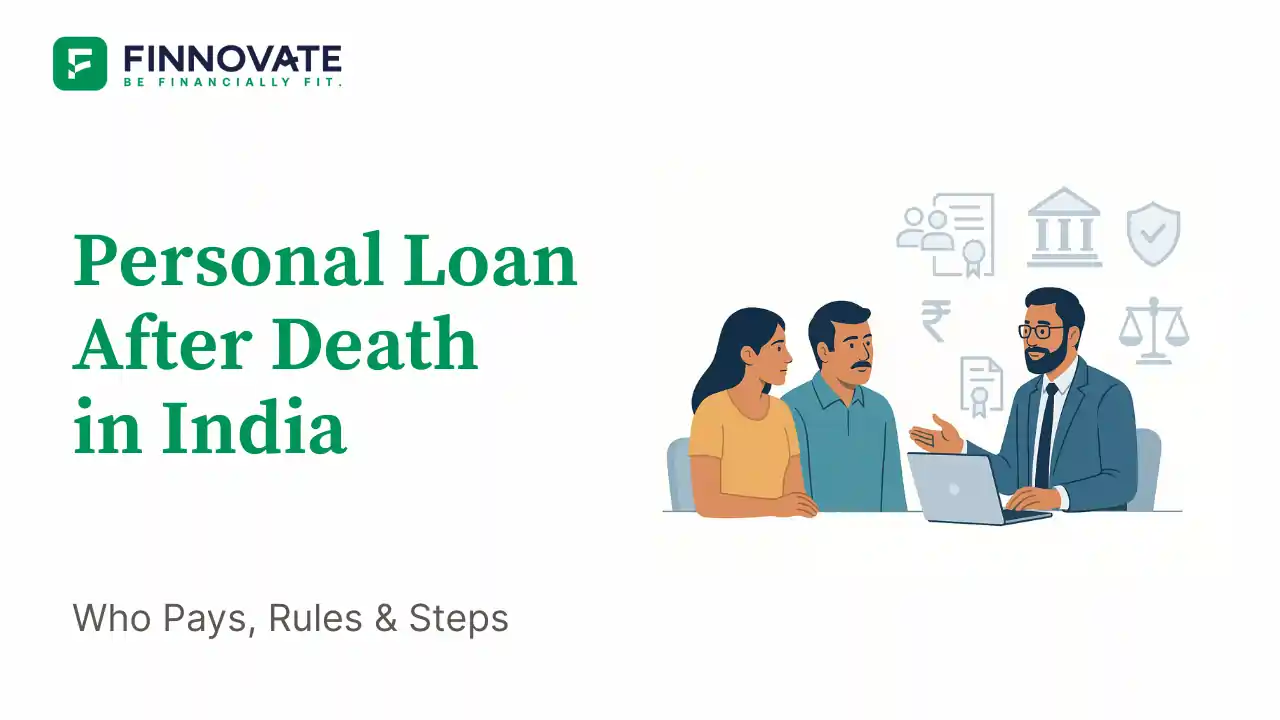
Personal Loan After Death in India: Who Pays, Rules & Steps
Who pays a personal loan after death in India? Understand heirs vs estate, co-borrower vs ...
India's relationship with debt is shifting rapidly. As of June 2024, household debt has reached 42.9% of the country’s GDP, a steep rise from 36.6% just three years ago (source).
What’s more - over 91% of this debt is borrowed by individuals, not businesses. From EMIs on gadgets to home loans and BNPL schemes, borrowing has become a default financial behaviour. (source)
But here’s the problem: not all debt is equal. Some loans can help build wealth, while others quietly chip away at your savings, peace of mind, and future plans. With RBI tightening norms on unsecured credit and delinquencies rising, it’s never been more important to understand the clear line between good debt and bad debt - and how to use this knowledge to make smarter financial decisions.
Good debt is any loan or credit that helps you grow financially over time. It either creates an asset (something that increases in value) or improves your earning potential (like higher education or business expansion). Unlike bad debt, good debt is typically planned, has a clear repayment path, and often comes with lower interest rates and tax benefits.
To evaluate if a loan is good debt, apply this two-step filter created by Indian finance expert Harsh Roongta:
Will the loan create something valuable - like a house, a degree, or a business?
Even if the loan has a valid purpose, it must also fit your financial situation. As Harsh Roongta advises, all your loan repayments combined should typically not exceed one-third of your income. This helps ensure you’re not compromising your savings or financial stability.
- Source: Harsh Roongta, Economic Times
If both answers are "yes", it’s likely a good debt.
Let’s break down some of the most common types of loans that qualify as good debt - as long as they satisfy both conditions of the Double A framework: they create value and are affordable to repay.
Bad debt is any borrowing that does not create an asset or improve your income - and often ends up hurting your financial health. These loans:
Even small amounts of bad debt, if unmanaged, can compound over time and derail your savings, insurance, and long-term goals.
Not all loans are helpful. These common forms of debt are often financial traps - especially when taken without a clear need, plan, or repayment ability.
Now that you’ve seen both sides, here’s a side-by-side view to help you distinguish between good and bad debt before you borrow:
| Criteria | Good Debt | Bad Debt |
|---|---|---|
| Purpose | Builds assets or future income | Funds lifestyle or short-term consumption |
| Examples | Home loan, education loan, business loan | Credit cards, BNPL, personal loan for shopping |
| Interest Rate | Moderate (8–12%) | High (18–48%) |
| Tax Benefits | Yes (80C, 24b, 80E) | None |
| Wealth Impact | Positive - adds to net worth | Negative - drains cash flow |
| Meets Double A? | Yes - passes both filters | No - fails asset/income or affordability check |
| DTI Alignment | Within 30–35% of income | Often > 40%, crowding out savings |
Debt-to-Income Ratio (DTI) = (Total EMIs ÷ Net Monthly Income) × 100
This helps you assess whether your monthly debt is manageable. A DTI under 35% is generally considered safe.
| Monthly EMI | Monthly Income | DTI Ratio | Assessment |
|---|---|---|---|
| ₹25,000 | ₹75,000 | 33.3% | Safe |
| ₹40,000 | ₹1,00,000 | 40% | Risky |
Pay off credit cards and BNPL first using the avalanche method to reduce your total interest burden faster.
Explore lower-cost secured options like gold loans or loan against property (LAP) instead of high-interest personal loans.
Avoid stacking EMIs for non-essential purchases. Just because you can afford the EMI doesn’t mean the loan is necessary.
Only paying the minimum on your credit card? You're stuck in compounding interest. This delays full repayment and leads to ballooning balances that hurt your credit health.
Using one loan to pay another is a sign of a debt spiral. It only postpones the problem and increases your total interest burden over time.
If EMIs cancel your SIPs or insurance premiums, it's a red flag. It compromises your future goals and emergency preparedness just to manage current debt.
Managing multiple loans with no repayment hierarchy causes confusion and overwhelm. Without a structured payoff method, your finances stay cluttered and progress stalls.
Absolutely not.
Debt, by itself, isn’t the enemy. In fact, strategically used debt can be a powerful tool to accelerate your growth - whether it’s building a home, funding a business, or investing in education.
The key lies in intent, structure, and repayment discipline.
Finnovate’s advisors help you decode debt and build smart repayment strategies.
Our team aligns your borrowing with your life goals, helps you rebalance your loan portfolio, and guides you on refinancing or restructuring when needed.
No. Loans used wisely to build assets or improve income can be beneficial. Strategic debt can support your financial growth if managed well.
Keep it below 35%. Anything higher means you're over-leveraged and may struggle to meet long-term financial goals.
If used for business or daily commute and the EMI is affordable, yes. Otherwise, it depreciates fast and rarely adds financial value.
List all debts, pay off high-interest ones first, avoid new loans, and increase EMI payments when possible. Consider balance transfers if needed.
Only if used frequently or for long tenures. They're best avoided unless 0% interest offers apply and you can repay within the tenure.
Check the Double A test: Will it add value? Is it affordable? If both answers are yes, plan your EMIs and repayment clearly.
Disclaimer:This article is for educational purposes only and should not be treated as financial advice. Please consult a qualified financial advisor before making any loan or debt-related decisions.
Popular now
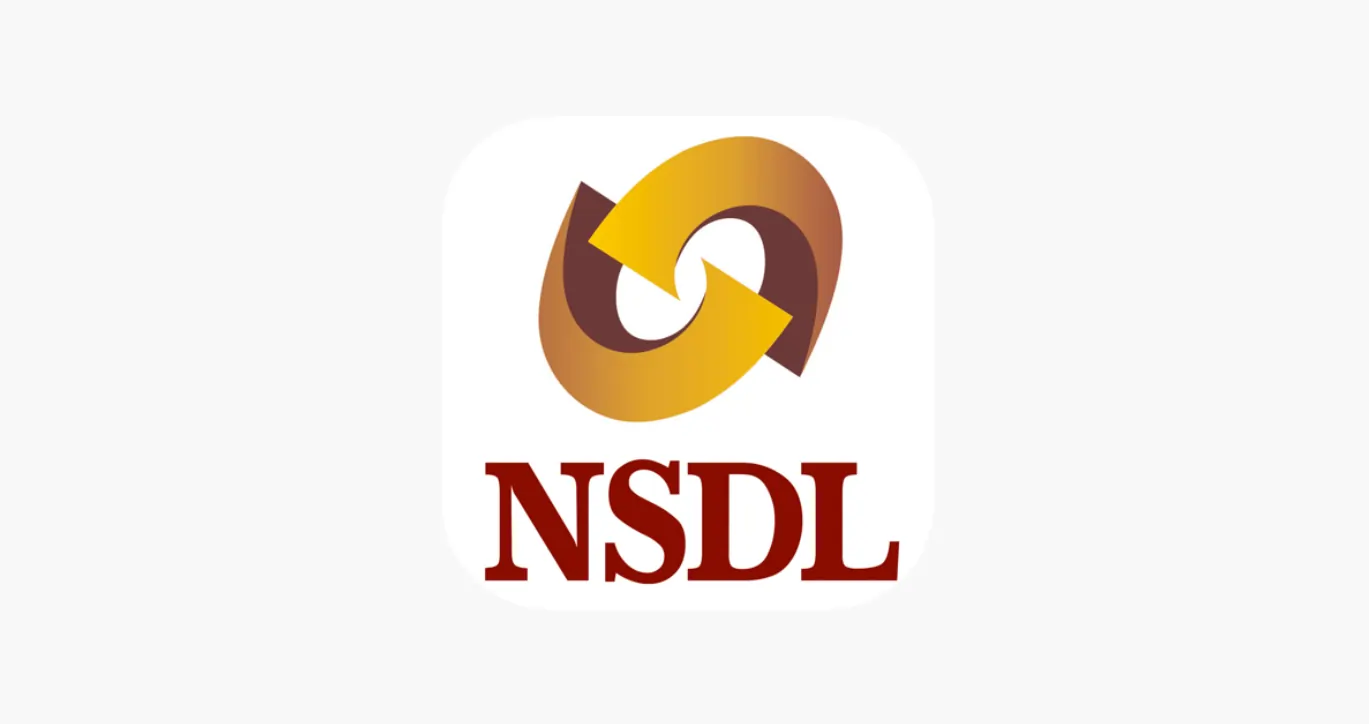
Learn how to easily download your NSDL CAS Statement in PDF format with our step-by-step g...
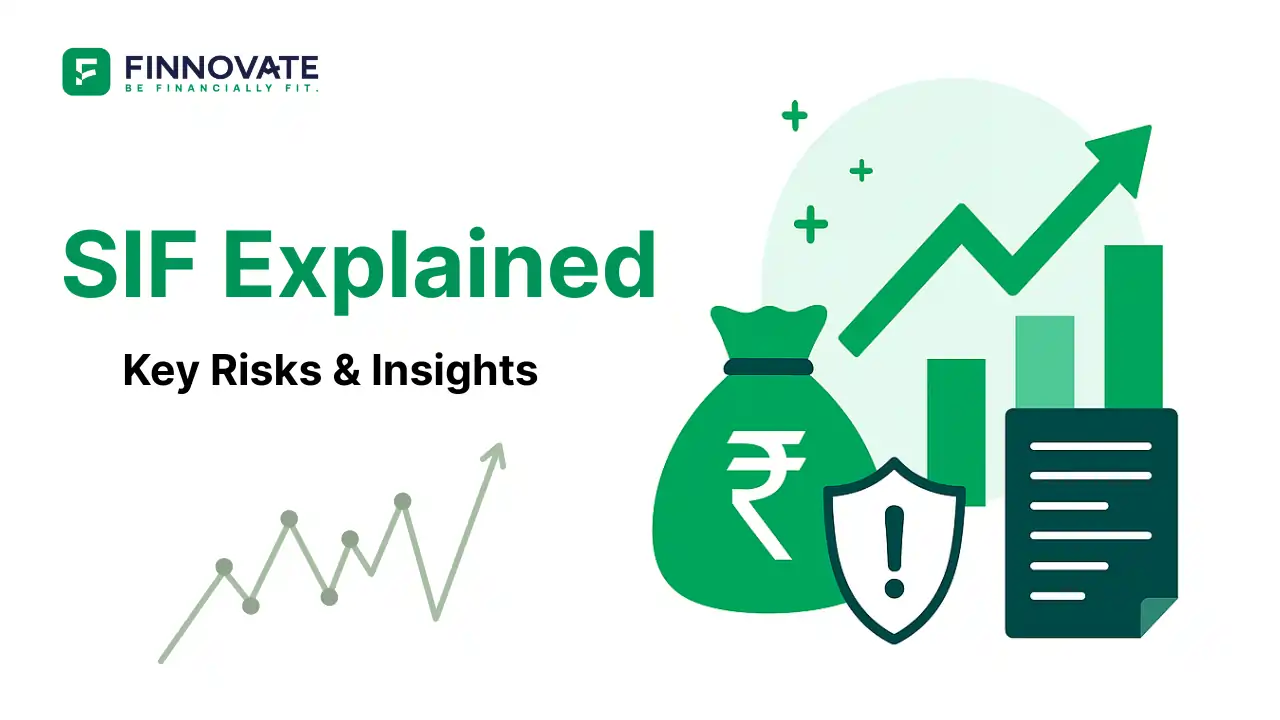
Explore what Specialised Investment Funds (SIFs) are, their benefits, taxation, minimum in...
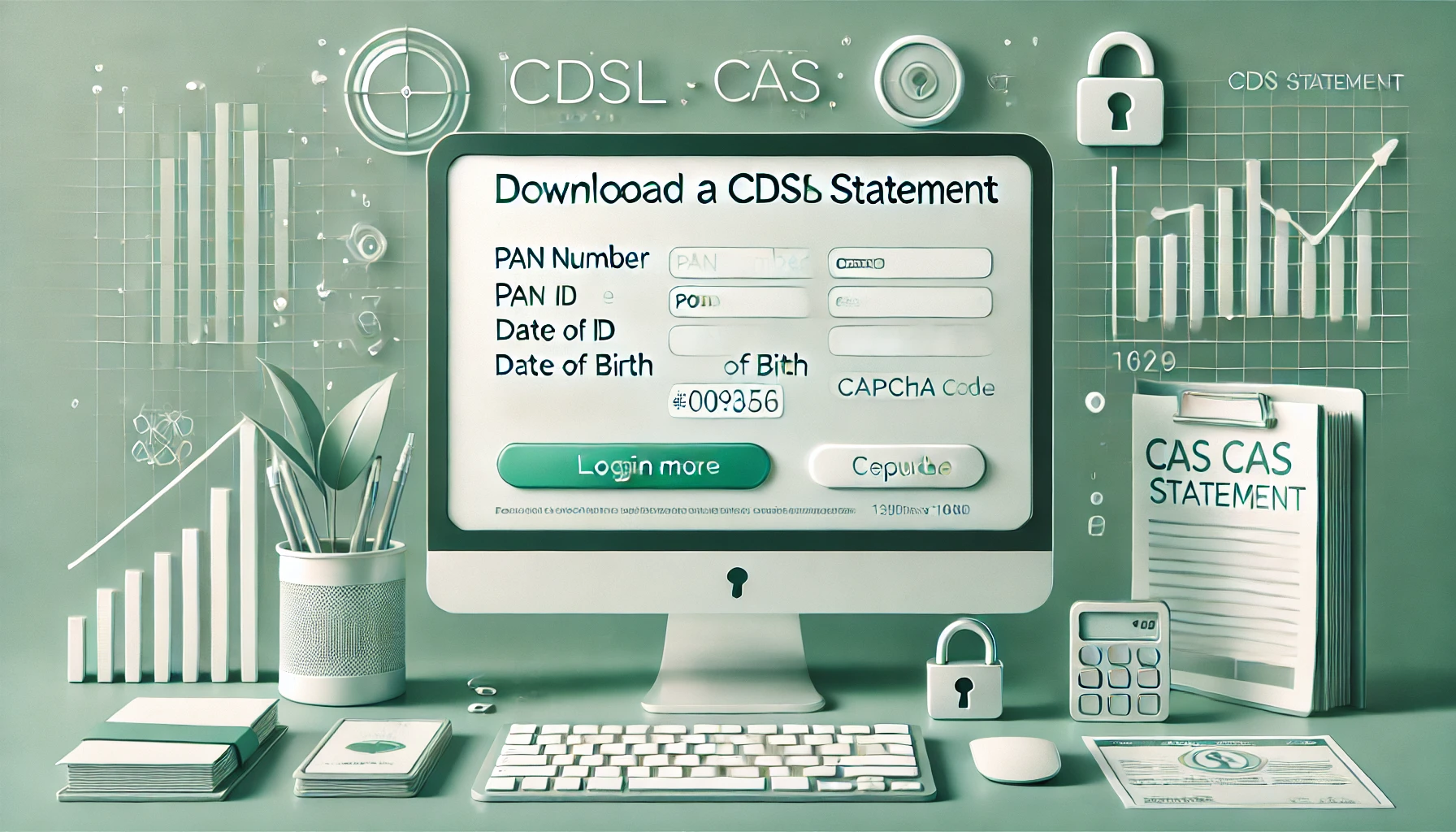
Learn How to Download Your CDSL CAS Statement with our step-by-step guide. Easy instructio...
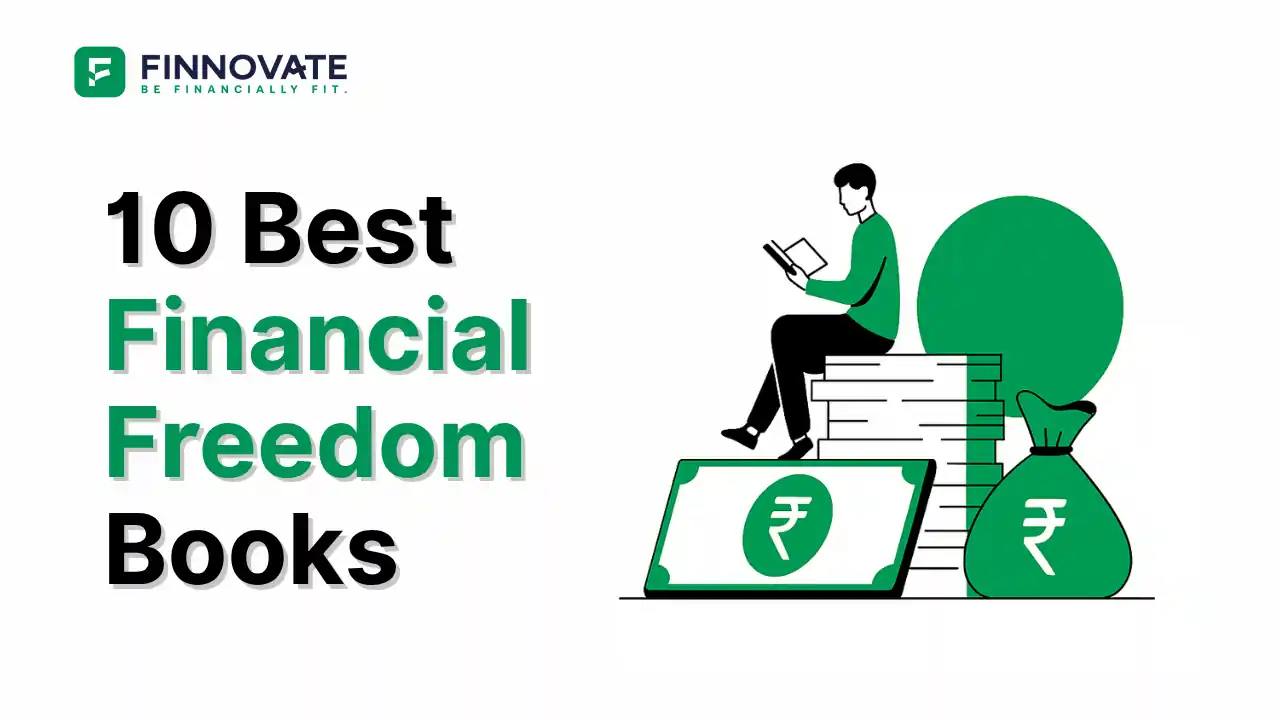
Looking for the best financial freedom books? Here’s a handpicked 2026 reading list with...